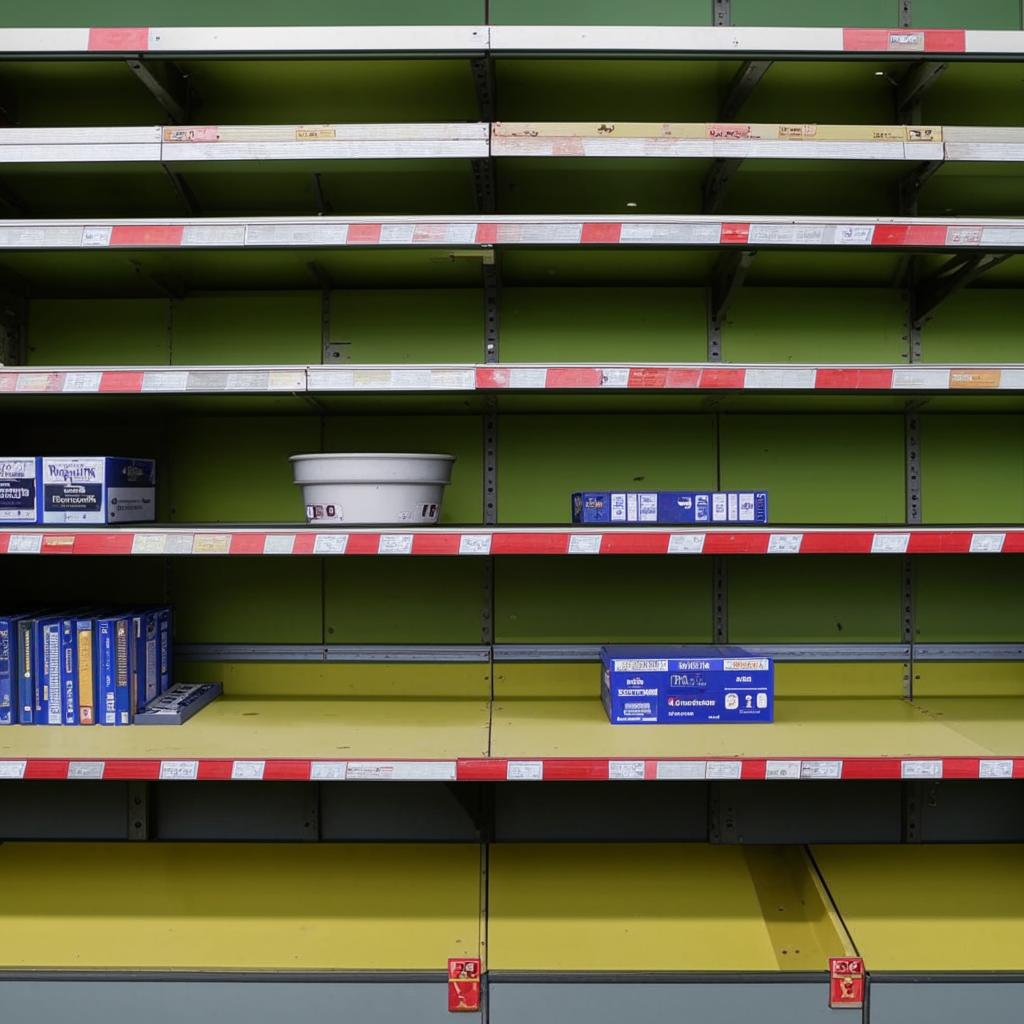Donald Trump’s trade policies, particularly his use of tariffs, are increasingly at odds with his core campaign pledges. While Trump promised to revitalize American manufacturing and boost the economy, the impact of tariffs tells a different story. Initially intended to protect domestic industries from foreign competition, these tariffs have sparked retaliatory measures from other countries, escalating into trade wars.
The consequences are being felt across various sectors. American farmers, for example, have suffered as key export markets have closed or become more expensive. Manufacturers relying on imported components face higher costs, impacting their competitiveness and, in some cases, forcing them to raise prices for consumers.
Economists warn that the prolonged trade disputes are undermining business confidence and investment. The uncertainty surrounding future trade relations is discouraging companies from making long-term commitments, potentially slowing economic growth. While some industries may benefit from tariff protection, the overall economic impact appears to be negative.
Furthermore, the tariffs are disproportionately affecting consumers, who ultimately bear the burden of higher prices on imported goods. This contradicts Trump’s promise to improve the economic well-being of ordinary Americans. As the trade disputes drag on, the tension between Trump’s trade policies and his economic promises becomes increasingly apparent, raising questions about the long-term sustainability of his approach.















